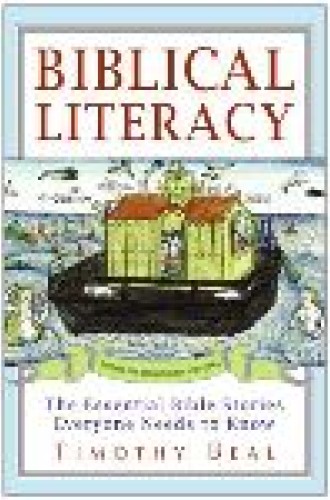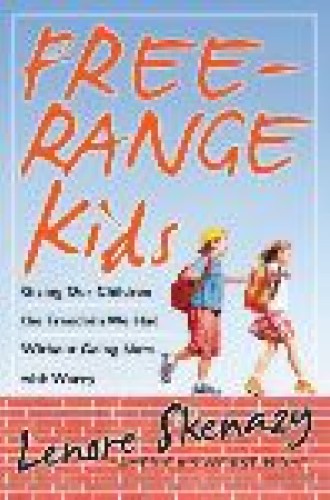BookMarks
Biblical Literacy provides a remedial education. Beal, who teaches religion at Case Western Reserve, begins with an essay arguing that from a cultural perspective biblical literacy is essential. The bulk of the book consists of what Beal considers to be essential stories from the Bible, not all of which are narratives. Along the way Beal serves as a guide for getting into the texts; sidebars serve as explanatory notes or a bridge between the biblical texts and our own cultural context. The book concludes with a list of familiar biblical phrases and images (with their sources) and a glossary of biblical terms.
Can parents who teach their kids “Don’t talk to strangers” manage also to inculcate the opposite message? Can they unteach the learned fear of outsiders and teach their teens and young-adult children to value differences, to cultivate a healthy curiosity about others—and to demonstrate this by speaking to strangers, shaking their hands and even looking them in the eye? Skenazy, a Jewish columnist who is raising her kids in New York City, takes on what she considers exaggerated fears. “Even those of us who looked forward to parenting without too much paranoia have become anxious about every possible weird, scary, awful thing that could ever . . . happen to our kids.” Skenazy advocates for a child’s right to separate gradually from a parent’s assistance and to learn the joy and self-confidence that comes from trying out independence.







